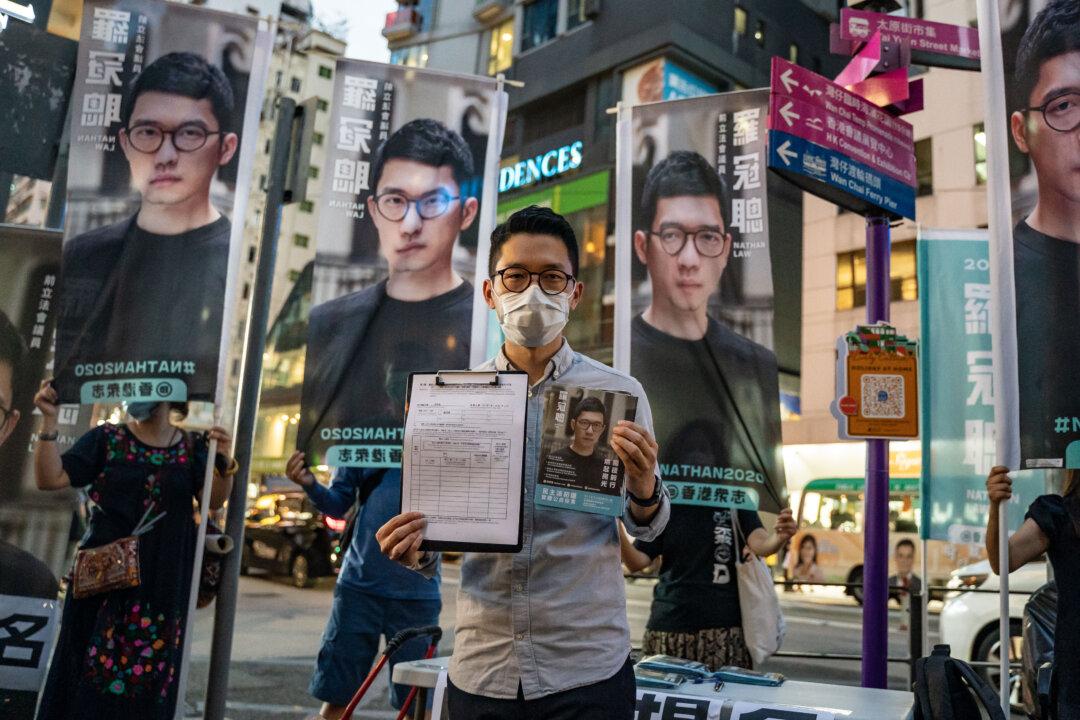Canadians who speak out against the Chinese Communist Party risk being abducted when travelling in countries with close ties to the regime, pro-Hong Kong democracy activists warned this week.
Hong Kong pro-democracy advocate Nathan Law, who fled Hong Kong and now lives in the U.K., and Swedish activist Angela Gui, whose father was sentenced to 10 years in a Chinese prison despite his Swedish citizenship, both testified before the Canada-China Committee on Oct. 26.





